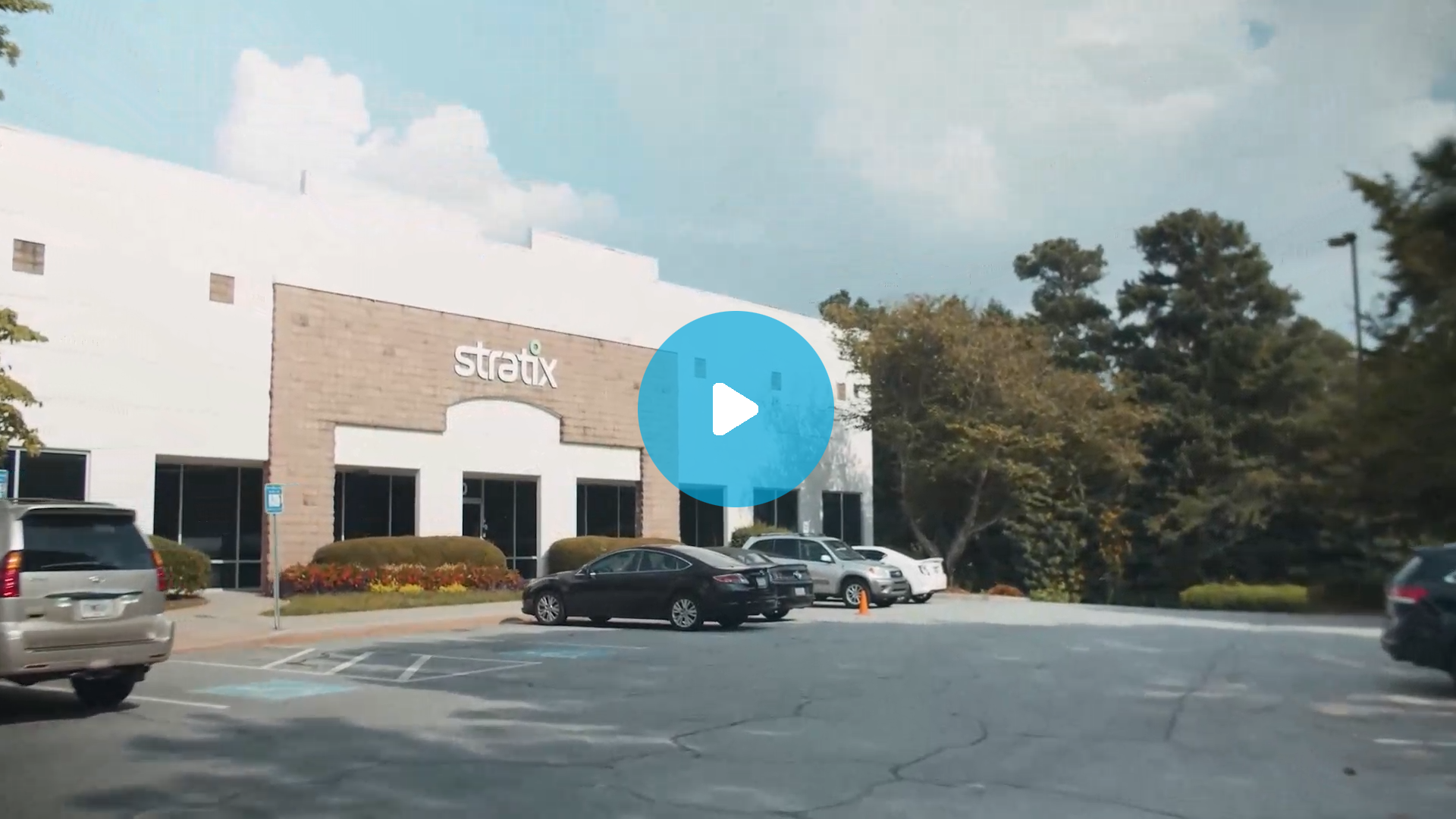Leading Canadian Home Healthcare Organization
Case Study
Challenge
A leading Canadian home healthcare organization serves various populations, with a field staff that includes a variety of care providers. Because many of these are contract workers who are affiliated with different healthcare organizations, the company chose to offer them the option of Bring Your Own Device (BYOD). Though this helped save the company money and a lot of work, since they didn’t need to procure devices for all users, it still created headaches for their support staff.
- Variety of devices, including smartphones, tablets, laptops, and virtual desktops
- Ensuring all BYOD devices meet organizational standards
- Support for more than 3,000 field staff plus 500 hybrid users
- Help desk team of five with one supervisor to manage it all 24/7
Even with mobile device management (MDM) policies in place to ensure devices are encrypted, have the proper antivirus software, and up-to-date operating systems, the help desk was getting bombarded with calls for support. For example, password resets equated to about 25% or 900 of their help desk calls. That was 900 calls managed by a staff of only 6.
On top of that, the organization also encountered, like everyone else, the struggle of finding experienced IT people. As a not-for-profit organization, they didn’t have the salary budget that larger healthcare providers have, which limited their ability to recruit and retain top IT talent.
Solution
Being able to provide reliable and speedy help desk support was key for enabling caregivers to focus on patients, not trying to get their devices to work properly. The provider adopted Microsoft Azure Identity Management (ID) to defend against malicious login attempts and safeguard credentials. Using Azure ID, helped them implement second-factor authentication, which made it easy for BYOD and hybrid users to use the self-service portal when it comes to resetting their passwords. This alleviated a lot of strain on our help desk.
To help ensure that all users have access to support when they need it, the organization partnered with Stratix for support services. Users have a single point of contact when it comes to general questions and answers and quick-fix issues related to voice quality, connectivity, basic email/PIM data synchronization and/or native application usage. Being able to get the answers they need fast helps healthcare workers get back to focusing on the patients in their charge, instead of trying to figure out their devices. That’s one of the main reasons they chose to adopt BYOD in order to make home health aides more effective and productive.
Result
Stratix support has been very beneficial for the organization’s employee engagement and their bottom line. Stratix’s help desk ratings speak for themselves:
- 100% of calls answered within 90 seconds
- 98% first-contact resolution rate
- 100% response to email/voicemail requests within 4 hours
More than just an IT support services desk, Stratix’s mobility specialists are equipped to provide 24/7 end-user support for an array of devices, carriers, applications, and geographies. Our support services were built to deliver superior user experiences while keeping end users operational anytime, anywhere.
- Multi-lingual support team
- Multiple contact methods, including chat, email, self-service knowledge base, and telephone
- Integration with your current help desk structure
- On-going technical support with escalation processes
- Integrated support of your policies, guidelines, and systems
- Trained agents on the most current mobility solutions
- Reliable and flexible cross-carrier support
The home health provider has also gained the peace of mind to know that as they grow, they not only get the support they need to ensure their users have the support they need. They also have a trusted advisor to help them make platform, device, and other mobility management decisions to benefit their business and their patients.













